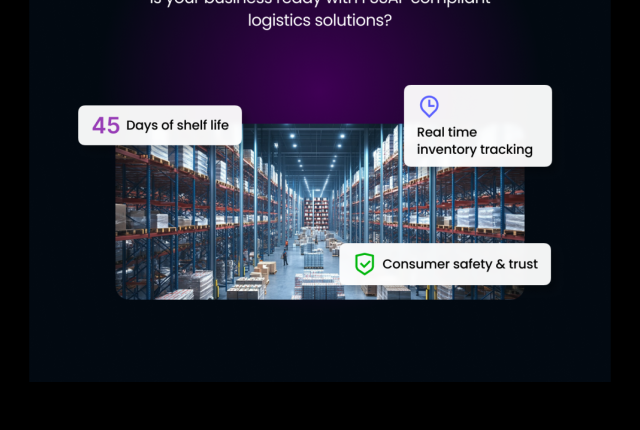
Advantage D2C: Reach Your Consumer
A Direct-To-Consumer sales strategy, backed by sound logistics, can prove to be a strong differentiator for your business.
Thanks to the advent of the internet and the emergence of digital technologies, manufacturers and suppliers, for the first time ever, have direct access to consumer markets. Producers and suppliers of most products and their raw materials, be that of bulk chemicals, polymers, machinery, machine parts, or automotive parts have the option to take their products, solutions, and aftermarket services to consumers, with or without the support of market intermediaries.
The Rise of D2C
The D2C business model is a relatively new entrant into the marketplace. The rise of the internet and its wider availability at the turn of the millennium brought suppliers from across the world to the web in search of local and international customers who existed outside the former’s own trading ecosystems. But the markets took time to warm up to the trend. The success of B2B marketplaces like Alibaba encouraged manufacturers worldwide in bringing their marketing and sales activities online.
The pandemic years caused a big shift worldwide in consumer behaviour toward online shopping. A UNCTAD survey “Covid-19 and E-commerce” conducted in 2020, covering over 3,700 consumers across nine economies including Brazil, China, South Africa, Switzerland and Turkey showed that consumer preferences across major product categories including electronics, pharmaceuticals, education, household products and personal care moved toward online sales channels.
Go D2C
The apparent shift to digital, seen across countries and product categories, has not gone unnoticed by manufacturers.
Today all leading OEMs across industry sectors have an online D2C presence. Their investments into D2C and the development of its logistics are not only paying off in terms of revenue, but they have also helped bolster their brand equity. Notable in this space are automotive, FMCG and consumer electronics companies.
Leading Indian and international brands such as Nestle, ITC and Britannia Industries have a prominent D2C presence. Hindustan Unilever, for example, last year launched UShop, a multi-brand shopping platform to sell its products directly to consumers based in NCR and Mumbai.
Similarly, electronic majors liken Samsung and LG have ramped up their D2C presence in India. Large automotive OEMs like Maruti and Mahindra and Mahindra have integrated D2C into their marketing and logistics strategies. This is, therefore, a good time for manufacturers and dealers across supply chains to adopt an effective D2C strategy.
D2C Logistics: Key Elements
D2C is an evolving area and so are its logistics and supply chain methodologies. They typically deploy best practices that retailers follow, with the exception that it is the producer or the manufacturer that directly or through a logistics service provider manages order fulfillment, delivery, aftersales, reverse logistics and other important supply chain operatins.
Another notable feature is that a manufacturer’s D2C presence reveals to its customers the strengths or the weaknesses of its supply chain infrastructure. In other words, a D2C customer will typically associate the manufacturer’s fulfillment capabilities like delivery speed, packaging, and tracking as a part of the former’s core offerings.
Also, as manufacturers are increasingly discovering, D2C presence provides the consumer with a direct experience of the company’s approach to quality and reliability, its values, aesthetics, and environmental sensitivity. Therefore, it is important that your D2C website needs to make it easy and exciting for your customers to connect with you. It needs to be much more than a product showcasing platform. It is a way of sharing your brand experience with the consumers. It also serves as a platform for delivering a more customized experience. A Deloitte survey says that well-executed personalization can deliver up to eight times the return on investment on marketing spend and lift sales by ten percent or more. It is for the aforesaid reasons that choosing the right partner for D2C logistics is crucial to the success of your D2C strategy.
D2C offers many other significant advantages. It helps companies establish a channel that complements as well as supports the traditional sales channels. It offers manufacturers the opportunity to build one-to-one relationships with consumers. In addition, a D2C presence forms a perfect counterbalance to the network of distribution and retail channels where the product has to compete with many others for customer attention. Offered at the right time, with the right logistics partner, to the right consumer, D2C can prove to be a key differentiator for your brand.
Related posts
FSSAI reinforces Shelf-Life Guidelines: Key Considerations for E-Commerce FBOs
Introduction The Food Safety and Standards Authority of India (FSSAI) has reinfo
Sustainability in Business and Logistics: The Future is Now
For manufacturers, traders, and service providers, sustainability is not just a
Omnichannel Logistics: A Different Beast
An effective omnichannel logistics strategy is an essential implement to have in



Leave a Reply